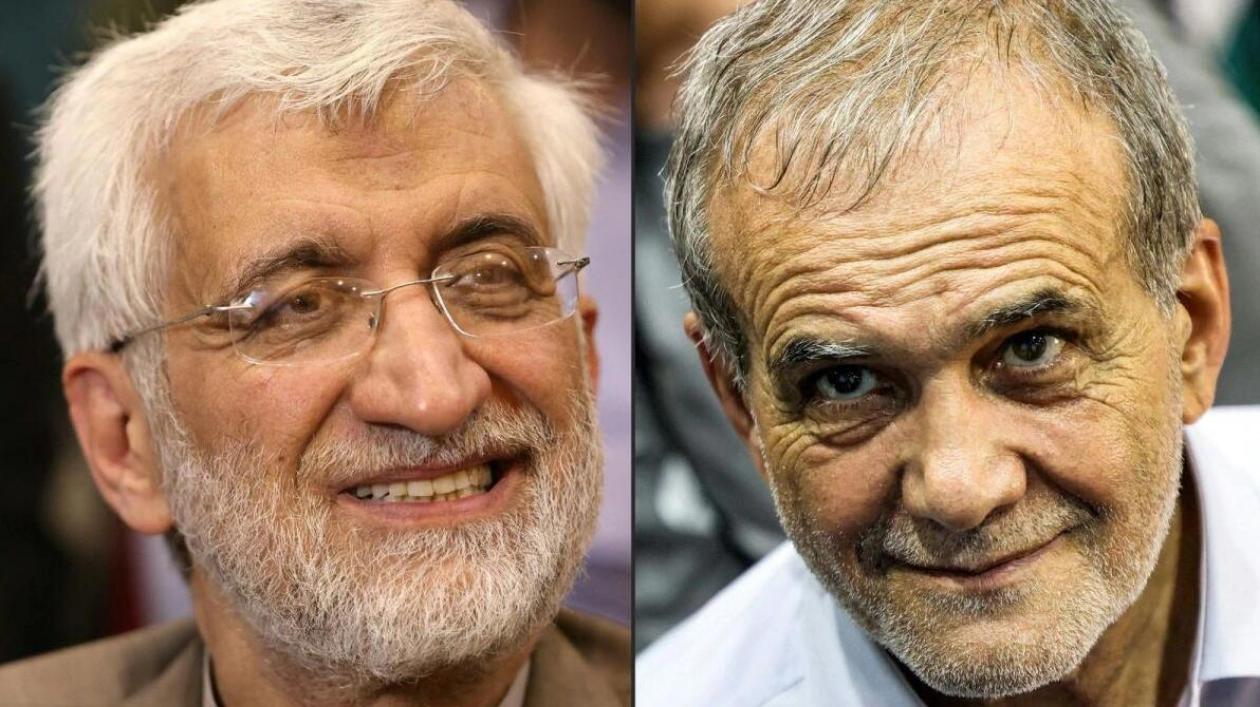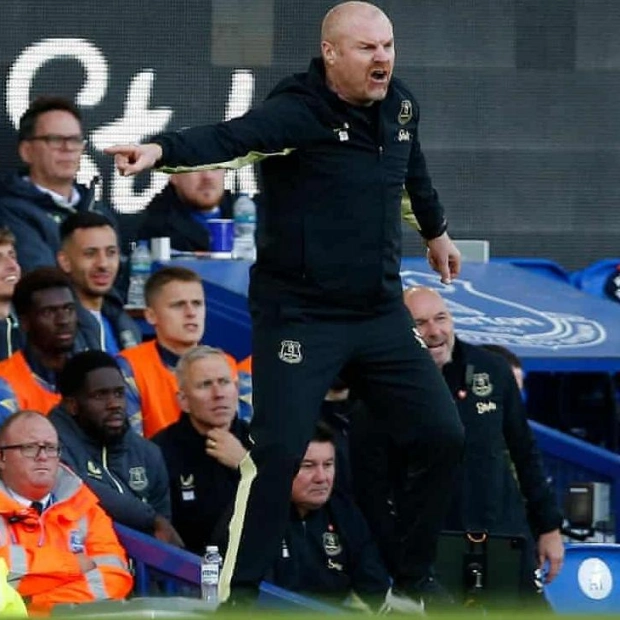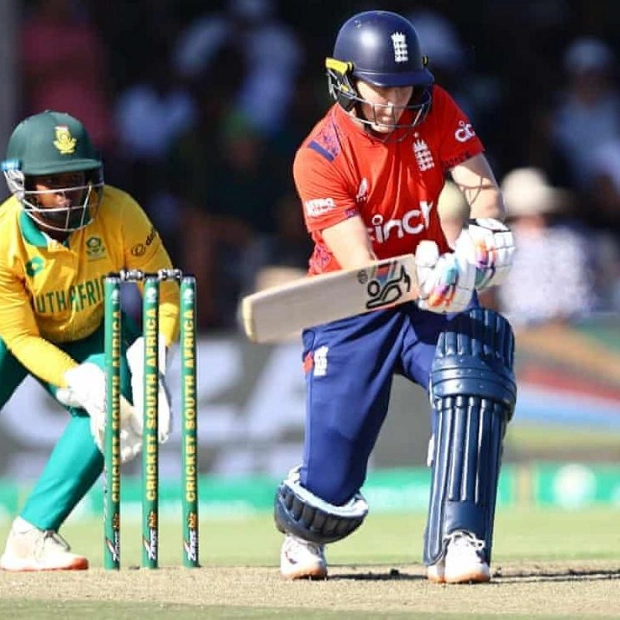Iran's presidential election will see a runoff between the sole reformist candidate, Masoud Pezeshkian, and the ultraconservative Saeed Jalili, according to authorities. Pezeshkian secured 42.4 percent of the vote, while Jalili, a former nuclear negotiator, received 38.6 percent. Conservative parliament speaker Mohammad Bagher Ghalibaf followed with 13.8 percent, and conservative cleric Mostafa Pourmohammadi trailed with less than one percent.
Electoral authority spokesman Mohsen Eslami stated that no candidate achieved an absolute majority. In his post-election speech, Pezeshkian thanked his supporters and encouraged them to vote again to address issues like poverty and injustice. Iran's supreme leader, Ayatollah Ali Khamenei, had previously urged for a high turnout, but only about 40 percent of eligible voters participated, marking a historic low.
The election, originally scheduled for 2025, was moved up following the death of ultraconservative president Ebrahim Raisi. The Guardian Council initially approved six candidates, but two withdrew just before the election, endorsing Jalili. Ghalibaf also called for support for Jalili in the runoff.
The 2021 election, which brought Raisi to power, had seen many reformists and moderates disqualified, leading to a low turnout of just under 49 percent. This year's election occurred amidst regional tensions and domestic economic struggles. Pezeshkian, a 69-year-old heart surgeon, has been a parliament member since 2008 and served as health minister under the last reformist president, Mohammad Khatami.
Pezeshkian has criticized Raisi's government for its handling of protests following the death of Mahsa Amini. He advocates for constructive relations with the West to alleviate Iran's isolation. However, public optimism is low, with some believing that significant change is unlikely under Pezeshkian.
Jalili, known for his anti-West stance, is currently a representative in the Supreme National Security Council. Supporters like Shima, a 43-year-old filmmaker, hope he will lead Iran with religious rationality. The reformist newspaper Sazandegi expressed hope for change, while the state-run Iran daily praised the voter turnout.
Regardless of the outcome, the next president will implement policies dictated by the supreme leader. Interior Minister Ahmad Vahidi reported a smooth election process, despite an attack on a ballot transport in Sistan-Baluchistan.






